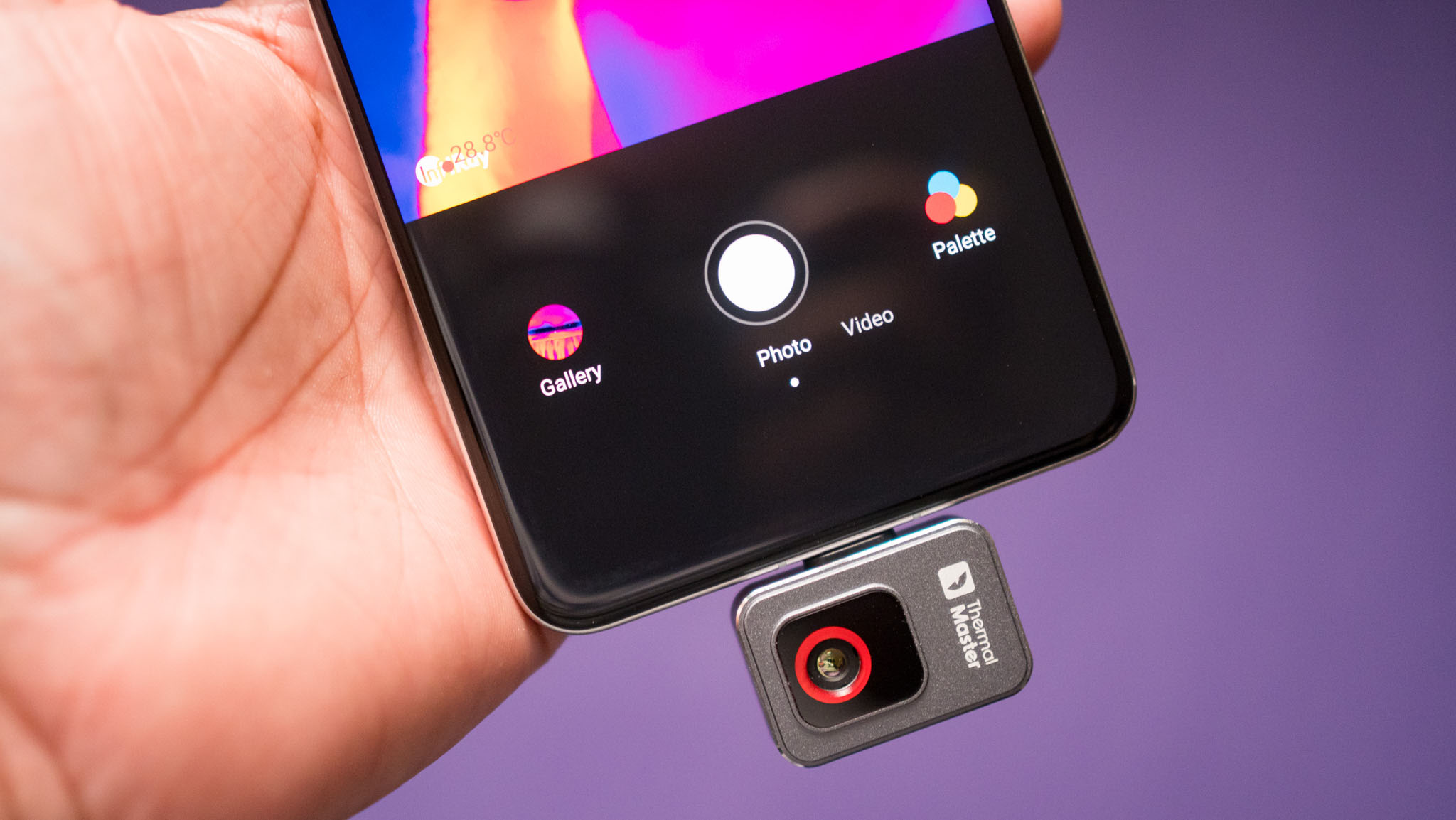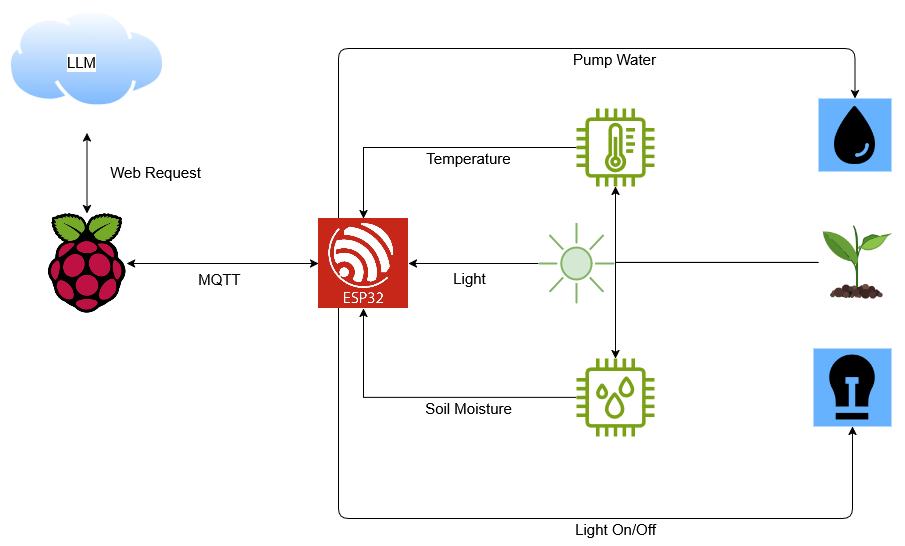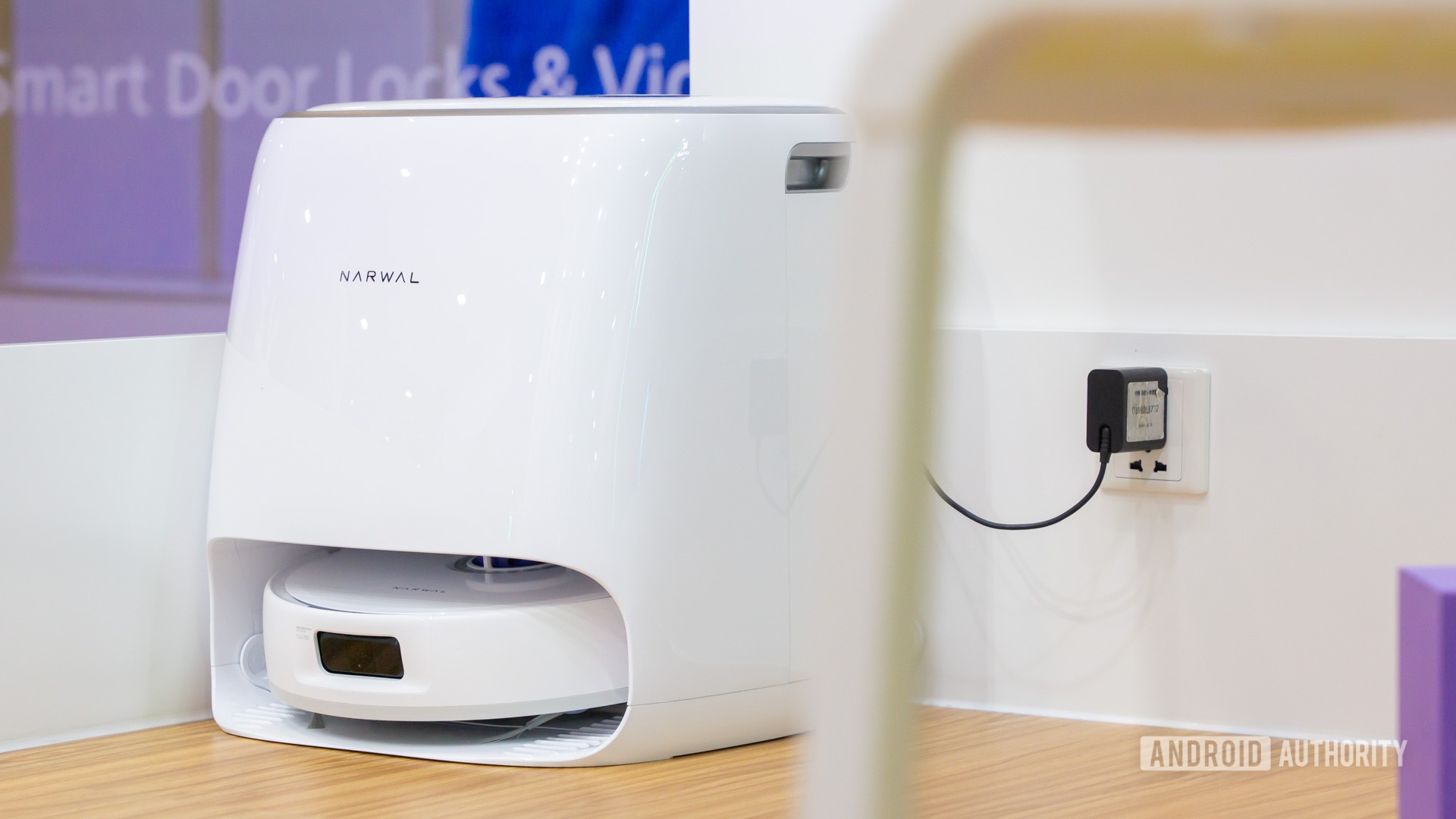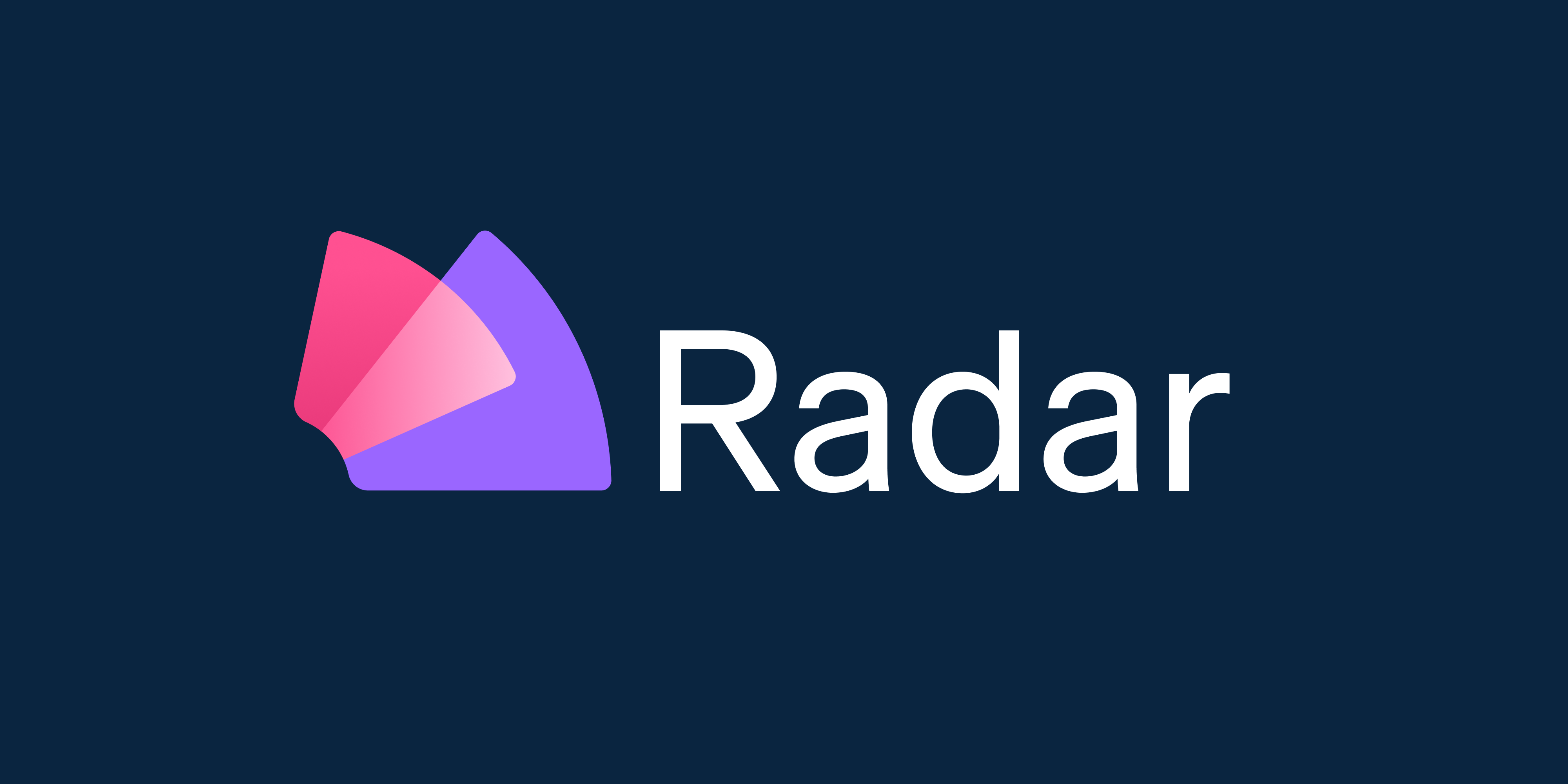Meta Launches Standalone AI App, Expanding Access to Generative Tools
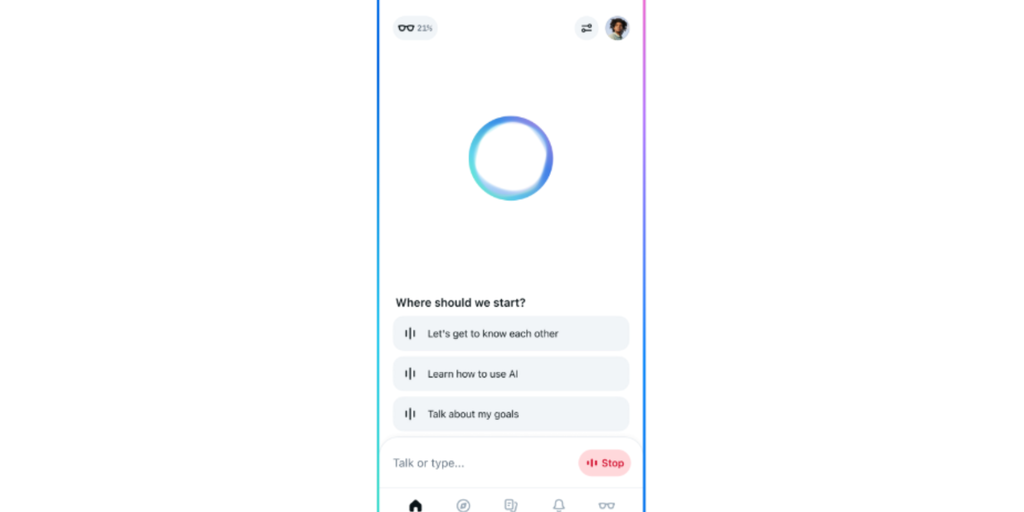
In a significant development in the realm of artificial intelligence, Meta has launched a standalone app for its Meta AI assistant, which is now accessible on iOS, Android, and desktop platforms. This app is powered by the open-source Llama 4 model, underscoring Meta's commitment to democratizing AI technology for users across its platforms. The release of the Meta AI app follows nearly two years of the company's efforts to integrate generative AI into its popular social media services, including Facebook, Instagram, and WhatsApp.
The advent of the Meta AI app comes at a time when the competitive landscape of AI applications is heating up, particularly with established players like OpenAI, Google, and Elon Musk's xAI already ahead of Meta in the standalone app race. Despite boasting an impressive 7.5 billion monthly active users across its platforms, Meta finds itself in a challenging position to keep pace with rivals; for instance, ChatGPT alone claims approximately 600 million monthly active users on various devices.
Meta's new app introduces a host of features that enhance user engagement and creativity. Users can generate high-definition images and short video clips, switch between a variety of celebrity voices, and connect seamlessly with Meta's smart glasses. Furthermore, the app features a Discovery tab, enabling users to explore AI-generated content from others, adding a social element to the experience.
Upon launching the iOS version of the Meta AI app, users must log in using either a Facebook or Instagram account, or an email linked to other Meta services. Following the login process, users are greeted with a landing page that offers tutorials on navigating the app and utilizing its various tools effectively. The Discovery tab, a standout feature, allows users to view and interact with creations made by fellow users, turning this function into more than just a galleryit acts as a social hub where users can like, comment on, and share content across Meta's platforms.
However, one drawback of the app is its default setting, which shares users' images without prior consent, raising concerns about privacy. Users do have the option to disable sharing with Facebook and Instagram through the app's settings under Data & Privacy, but the default activation could catch some off-guard.
The image generation capabilities of the app are particularly noteworthy. Users can create both still images and animated clips quickly and efficiently. Metas Emu image generator excels in producing vibrant, high-definition visuals, and users can convert still images into video clips by simply adding the word video to their prompts. My initial testing revealed that the AI had no issues generating iconic characters like Superman, Wonder Woman, and Batman, showcasing its creative prowess.
In addition to creative functionalities, the Meta AI app also integrates with Meta's line of AI-powered glasses, featuring a dedicated icon for glasses users. The app provides detailed instructions for pairing the glasses, illustrating Meta's vision of expanding AI accessibility and functionality in everyday devices. Meta CEO Mark Zuckerberg emphasized this vision in a recent Facebook post, stating, You're going to be able to use the app to manage your Meta glasses and other kinds of AI devices we're going to be building in the future. This is the beginning of a long journey to build this out.
The app also includes intriguing voice control features. The Ready to Talk function allows the app to listen for commands immediately upon launch. This feature, while convenient, has raised privacy concerns, as the app remains active and listening even after responding to queries. Users can switch between the default AI voice and a selection of celebrity voices, such as those of Judi Dench, Kristen Bell, and John Cena, which adds an entertaining twist to the interaction.
In terms of memory functions, Meta AI does not automatically retain conversations. However, users can instruct the app to remember specific interactions, which are then stored in the apps settings. Yet, there is a lack of clarity regarding how long these memories are kept or how they may contribute to future AI model training.
Overall, the standalone Meta AI app offers a more cohesive and intuitive experience than the previous AI integrations within Meta's social media platforms. It operates similarly to other mobile AI applications like ChatGPT, Grok, and Gemini, providing responsive answers to queries within mere seconds. While the app impresses as a free and open-source model, it may not be suitable for daily use by all users. It appears to be particularly appealing to established Meta users, though those seeking greater flexibility and privacy may find it less satisfying.
In conclusion, Meta's new AI app marks an important milestone in the company's ongoing efforts to harness the potential of generative AI. As Meta continues to refine and expand its offerings, it will be interesting to see how the app evolves and competes in the increasingly crowded AI landscape.












